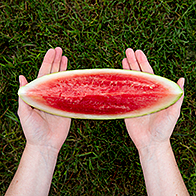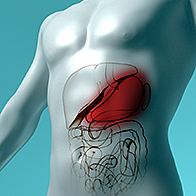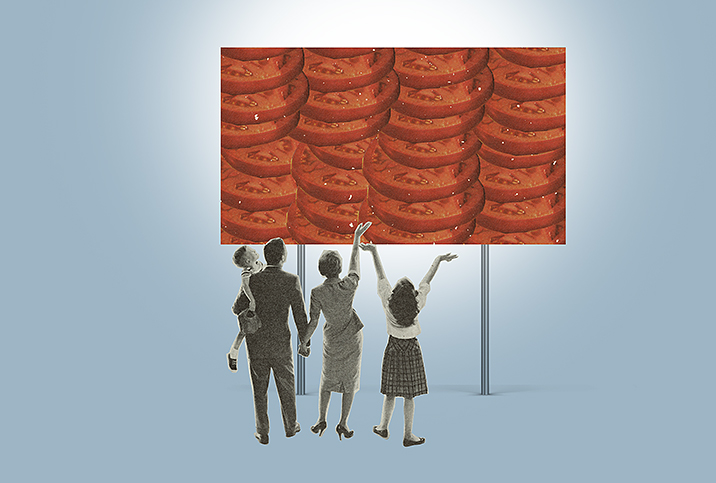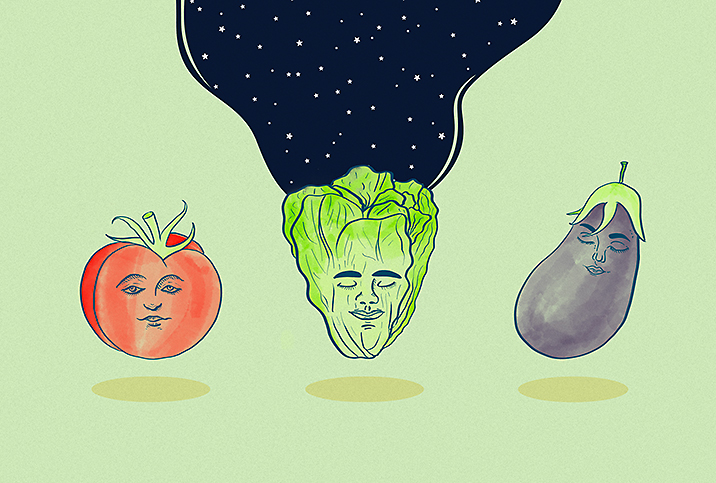The 80/20 Diet May Improve Sexual Health for Good

From keto to the Mediterranean to Whole30, there's certainly no shortage of diets. While each entails niche characteristics, most fad diets are designed, at least in part, to help people achieve the goal of weight loss.
Unfortunately, not all diets are healthy and sustainable. They may require you to cut out entire food groups, which can cause nutritional deficiencies and adverse health effects.
However, plenty of healthy eating plans, such as the 80/20 diet, focus on the goal of optimizing your hormone levels and leaving you feeling energized and fit, which can translate to higher libido, better performance in the bedroom and a more active sex life overall.
The principles behind the diet
The diet's name derives from its elements: 80 percent of your menu should consist of whole, natural, nutritious foods like whole grains, vegetables, lean proteins, fruits, nuts and seeds, while the other 20 percent can be indulgent or processed foods of your choosing.
"The 80/20 diet encourages people to have most of their foods from nutritious sources while still allowing you to have those things you love the most, like cookies, cakes and pastries," said Brenda Peralta, a registered dietitian, health coach and sports nutritionist based in San Jose, Costa Rica. "Instead of creating an elimination diet or forbidding foods, it enables people to have a more sustainable and manageable lifestyle."
Peralta explained that when people forbid certain foods, they end up intensely craving them.
"However, in this case, allowing that percentage to be used in your favorite foods gives you a sense of freedom," she noted, referring to the 20 percent of "choice foods."
80 percent of your menu should consist of whole, natural, nutritious foods, while the other 20 percent can be indulgent or processed foods.
According to Peralta, the diet can definitely work if you do it right, which means consciously balancing your plate with the right amount of protein, carbs and fats. For example, if 80 percent of your diet is coming from whole, natural foods, but you're eating only potatoes and oatmeal, you'll be getting too many carbohydrates and not enough protein and healthy fats.
Calories matter, too. Regardless of the kind of diet you're following, weight loss occurs only when you're in a caloric deficit, meaning you're burning more calories per day than you're eating.
However, if you want to maintain your weight and improve the quality of your diet, you can follow the 80/20 diet and ensure your energy expenditure matches the number of calories you're consuming per day.
What are the benefits?
 By focusing on proportion rather than contents, Peralta said the diet has a unique advantage over other fads.
By focusing on proportion rather than contents, Peralta said the diet has a unique advantage over other fads.
"It avoids creating negative relationships with your foods by allowing you to have a balanced lifestyle: having nutritious foods and processed foods," she said. "You avoid feeling too restrictive, allowing you to have a more sustainable and long-term weight loss approach. And you can also pair it with another eating pattern."
Reda Elmardi, a registered dietitian and certified strength and conditioning specialist trainer for the Gym Goat in the United Kingdom, said the flexibility of the diet appeals to many people and makes sustaining the diet in the long term much easier.
"You can eat whatever food you like as long as it fits into the 80/20 ratio," he explained. "It's easy to follow and you don't need to count calories. You can eat any time of day and you don't have to worry about portion control. The diet is great for those who love to cook because you can make just about anything fit into the 80/20 ratio."
What are the drawbacks?
As Peralta noted, the diet has no scientific evidence behind it and can be time-consuming and costly because you have to buy and prepare fresh, healthy foods each day. This can make it difficult for people on a tight budget or with busy schedules. You should also be mindful of your caloric intake and portion size if your goal is weight loss. But the plan itself is fairly loose and open.
"The 80/20 diet doesn't have a lot of guidance or rules, which can be both positive and negative," Peralta noted.
The only real rule is that 80 percent of your dietary intake should come from whole, natural foods.
"You can include vegetables, fruit, protein such as chicken, fish, seafood and pork; healthy fats like avocado, nuts, seeds and oils; and whole grains including legumes, brown rice, potatoes, corn and sweet potato," Peralta continued. "The other 20 percent can be used in processed foods like white bread, cakes, sweets, pastries and even ice cream. Be as mindful as you can be with your meals. This can also help you determine how much of each food group to eat. I often recommend having half your plate from non-starchy veggies, the size of the palm of your hand in a protein, and the remaining of the dish from carbs and fats."
Other details like when to eat—or when not to eat—are up to you. Generally speaking, use your hunger cues to guide you.
Improving sexual health and performance
A diet that helps you reach your ideal weight and body composition is great, but any diet that improves your sex life and sexual performance is much more enticing.
"Having more natural foods can increase your nutrient intake and improve your sexual health," Peralta said. "You significantly reduce your intake of processed foods and have a lower consumption of sugar and sodium, and that decreases the risk of diabetes and high blood pressure."
Hypertension and diabetes can affect circulation, which in turn can affect your ability to get or maintain an erection, or have adequate blood flow to the labia, clitoris and vagina.
Elmardi said you can adjust the contents of your diet to support your sexual health by choosing healthy foods purported to boost libido.
"If you're looking for a way to improve your sex drive naturally, then you need to look at the other 20 percent of your diet," he explained. "Foods like nuts, seeds, leafy greens, whole grains and beans are rich in omega-3 fatty acids. Omega-3s are known to boost testosterone production and improve overall sex drive."
Peralta suggested that people looking to get pregnant should make sure to "eat the rainbow," meaning foods with a variety of colors.
"Each color of a fruit and veggie has different nutrients," she said. "This means not only having leafy greens but having mushrooms, beets, carrots and tomatoes."
And, of course, exercise
There are no specific exercise requirements as part of the 80/20 diet, but Peralta recommended following the World Health Organization guidelines at minimum: 150 minutes of moderate-intensity exercise per week—such as walking 20 minutes or so a day—or 75 minutes of vigorous exercise.
Overall, focusing on proportion over restrictions can be a sustainable, smart approach to eating that won't feel confining. Any diet that limits processed foods can improve your health, and improving the quality of your diet can boost your overall nutrition. However, this diet still requires work as you deliberately balance the foods you eat, as well as conscious awareness and control of your calories and portion sizes if you want to lose weight. Always consult your primary doctor whenever you make significant changes to your regular diet.




















